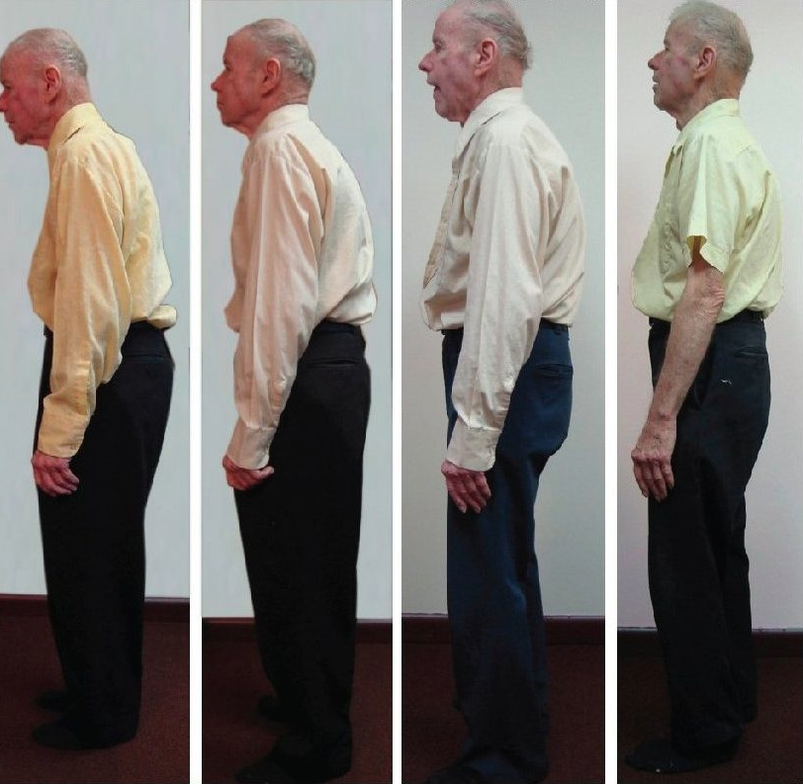
3 Signs Your Brain May Be In Trouble
Wouldn’t it be great to know, well in advance, if your brain is heading down a neurodegenerative path so that you could do something about it? Wouldn’t it also be great to know if your brain is behind low energy, poor digestion, immune problems, or chronic pain?
There are three signs we look at to tell us if your brain is losing ground ~ long before any scans or blood tests show evidence. This typically means years before someone is diagnosed with Alzheimer’s, dementia or Parkinson’s disease. We also use these signs as markers for how well our therapies are doing to restore function.
Your brain runs every function in your body. It is responsible for keeping everything working properly. When your brain stops working at an optimal level, you may experience symptoms such as fatigue, digestive problems, immune-related problems or chronic pain, including back pain, neck pain, sciatica, and neuropathy.
Why does our brain stop working optimally? In one sentence: an overload of stress. Even though there are many different forms of stress ~ physical, chemical, electromagnetic and emotional), they all have the same effect of over-exciting our sympathetic or “fight-or-flight” system. The more time we spend there, the more we tend to get ‘stuck’ there (i.e. neuroplasticity). We need to have our system reset so our parasympathetic system can kick in. This is the “rest-and-digest” system.
Here are three signs that tell us your brain may be in trouble:
-
YOUR POSTURE IS HUNCHING FORWARD. One of the primary functions of our brain is to keep our body upright against the constant downward pull of gravity. Our brain spends a lot of energy exciting our extensor muscles (the muscles that hold us up and back) and dampening the flexors (the muscles that curl you forward and down). When our brain begins to lose function, it loses the ability to do this and our posture curves forward (notice the posture of a person with Parkinson’s disease).
- YOUR BALANCE IS GETTING WORSE. If you find your balance is not as good as it used to be, it may be a sign of your brain, and overall nervous system, breaking down. Balance comes from three primary areas of our body - receptors in our feet and ankles that tell our brain where our body is relative to the ground, the vestibular mechanism in our inner ears which tells are brain where we are in space, and from our visual system. If the other two systems are compromised, you’ll find closing your eyes makes your balance worse.
- YOUR WALKING IS SLOWING DOWN AND BECOMING INCREASINGLY UNSTEADY. Coordinated walking is a very complex task and requires a lot of juice from your brain. If your brain is struggling, you may notice you take smaller steps or perhaps even begin to shuffle when you walk. You may notice you wobble more when you walk. What we look for during an evaluation is slowness of gait, a loss of arm swing, and widening of the feet when you walk. We also look at how well you can pivot when you turn.
HERE’S THE GOOD NEWS...
These three signs are early warning signs regarding your brain health. They will show up long before you show symptoms of cognitive decline, memory loss, or tremors The good news is there are things we can do to slow down, stop, and even reverse any decline in brain function! If you notice any of these things happening with your body, make an appointment and let’s find out exactly what’s going on and what we can do about it. We have specific tests and technology to make a good determination. Don’t wait until it’s too late to take action! These signs are like the dashboard lights on your car. They’re telling you something needs attention. Don’t ignore them!
By the way, the picture at the top of this blog is of our patient George. When he first presented, he had all three of the signs we talked about in this article. You can see how forward hunched his posture was when he started care. The final picture on the right is after approximately eight months of care. A remarkable transformation in his health!





